The World Health Organization (WHO) just released their list of "Ten threats to global health in 2019". None of the threats come at a great surprised, however one in particular re-confirms what we've known all along.
The list of threats include air pollution and climate change, noncommunicable diseases (including diabetes, cancer, and heart disease), a global influenza pandemic, fragile and vulnerable settings (places where weak health care is combined with challenges like famine and conflict), antimicrobial resistance ("the ability of bacteria, parasites, viruses and fungi to resist" antibiotics, antivirals and antimalarials), Ebola and other high-threat pathogens, weak primary health care, dengue (a mosquito-borne disease that acts like the flu), and vaccine hesitancy.
WHO defines "vaccine hesitancy" as,
"the reluctance or refusal to vaccinate despite the availability of vaccines"
The organization continued to explain the importance of vaccinations on their website.
"Vaccination is one of the most cost-effective ways of avoiding disease – it currently prevents 2-3 million deaths a year, and a further 1.5 million could be avoided if global coverage of vaccinations improved."
They also explained some of the rationale behind not vaccinating.
"a vaccines advisory group to WHO identified complacency, inconvenience in accessing vaccines, and lack of confidence are key reasons underlying hesitancy."
Vaccines are vital to the health of our nation and global population.
Because of the measles vaccine, the disease was declared eliminated in 2000.
However, in November 2018, 17 children in New York City alone came down with the measles due to the lack of vaccinated children.
Similarly, in 2017, a Somali-American community in Minnesota with "poor vaccination coverage" had 75 cases of measles.
People are urging the "vaccine hesitant" people in their communities to re-think their choices.
Please, vaccinate your children!

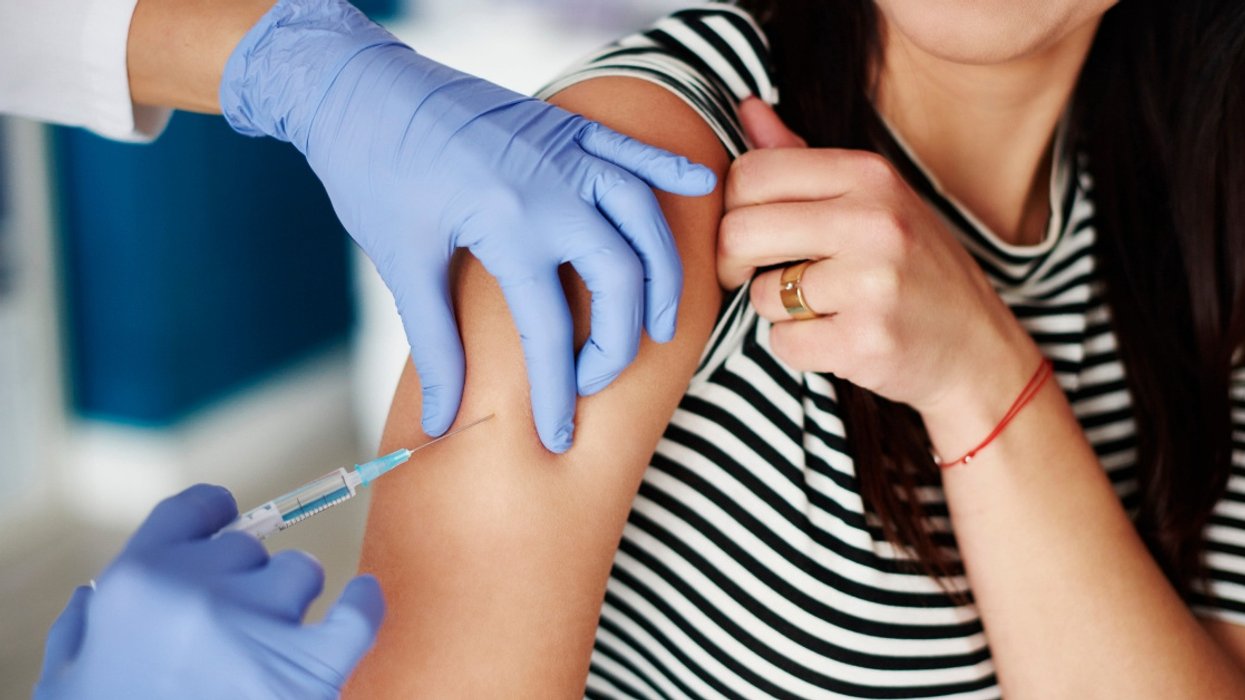



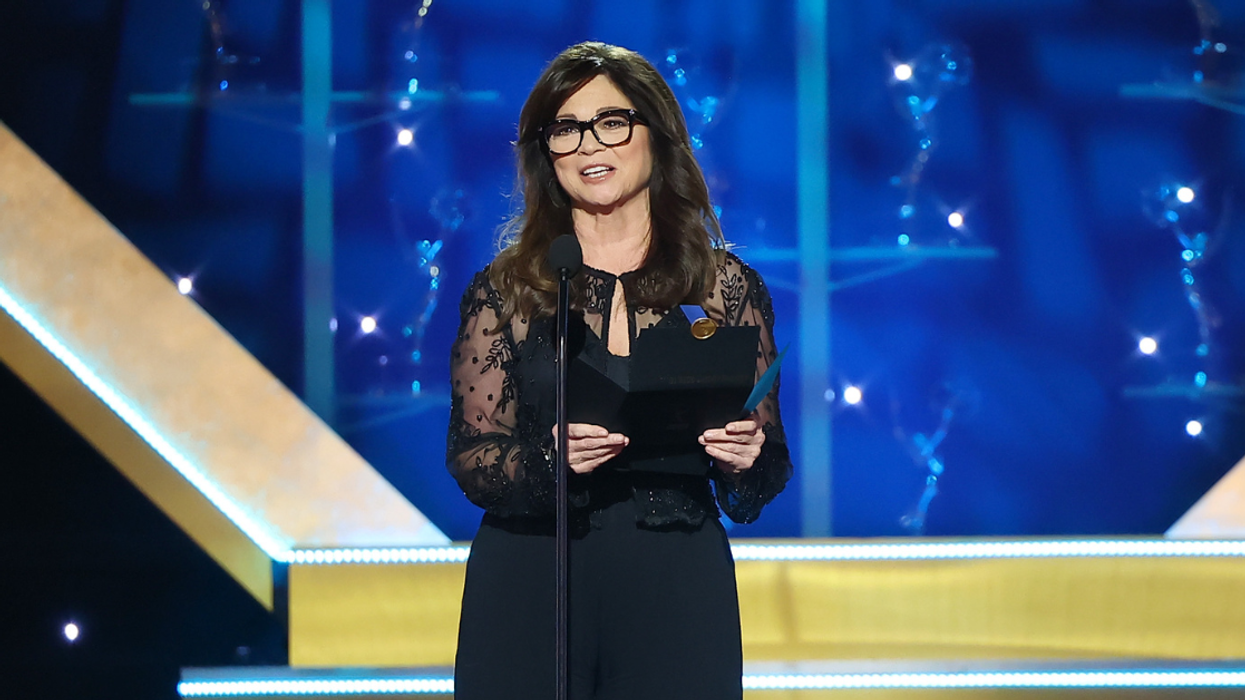
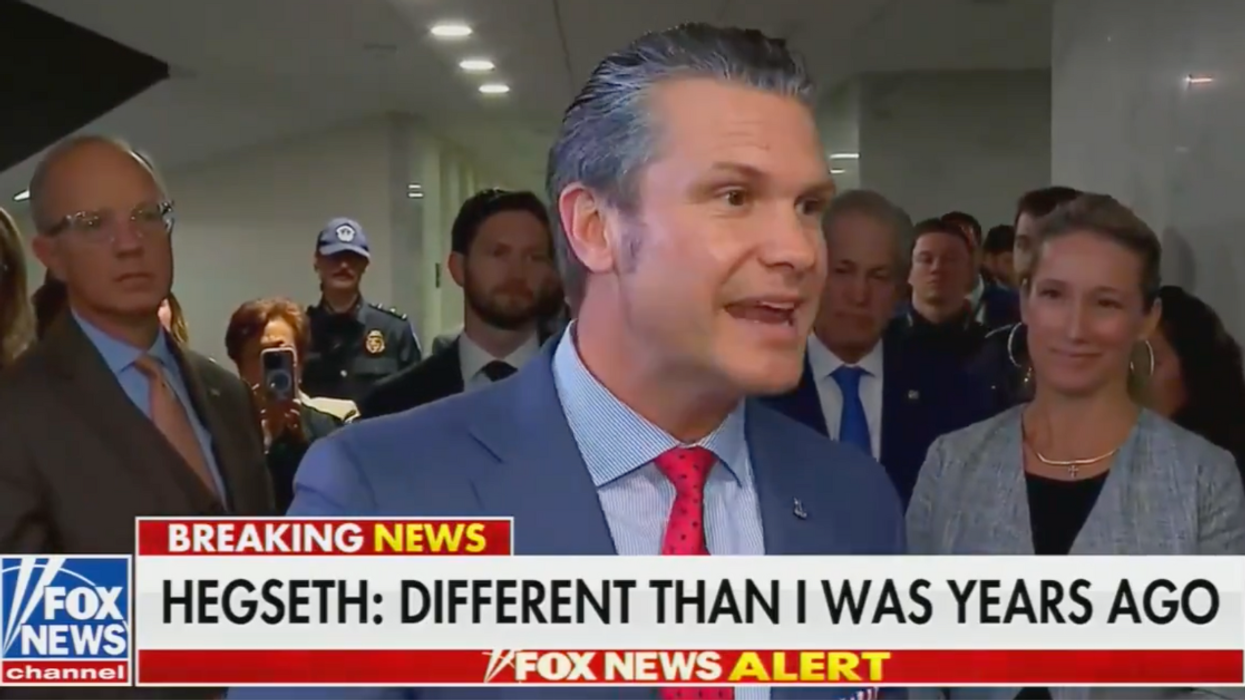

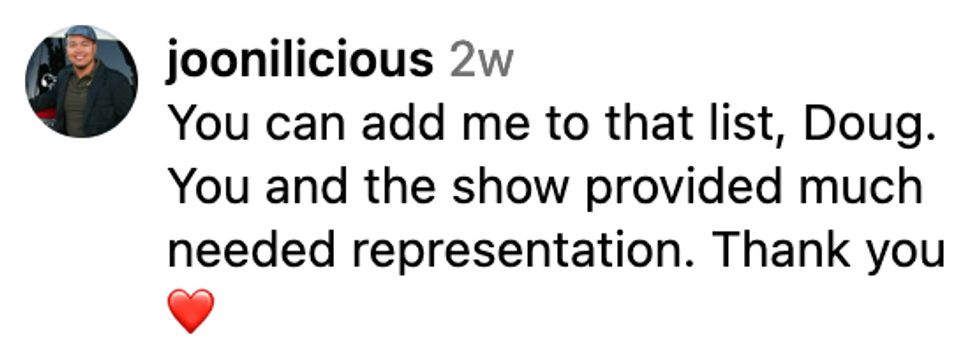 @stilltheplace/Instagram
@stilltheplace/Instagram @stilltheplace/Instagram
@stilltheplace/Instagram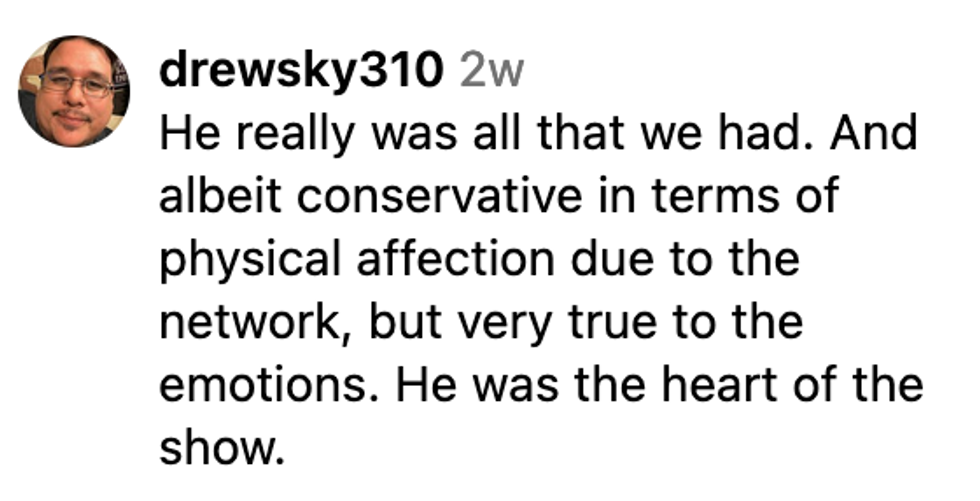 @stilltheplace/Instagram
@stilltheplace/Instagram @stilltheplace/Instagram
@stilltheplace/Instagram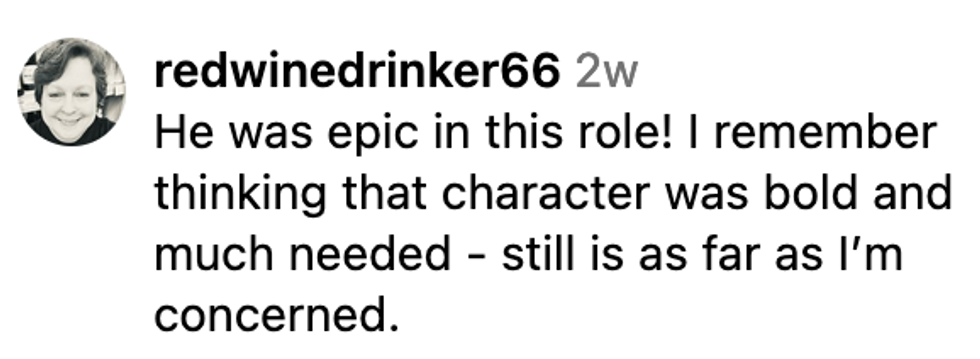 @stilltheplace/Instagram
@stilltheplace/Instagram @stilltheplace/Instagram
@stilltheplace/Instagram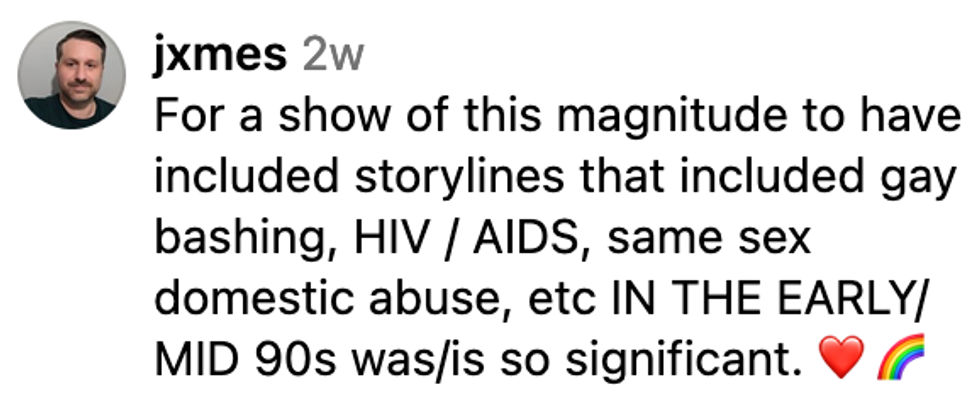 @stilltheplace/Instagram
@stilltheplace/Instagram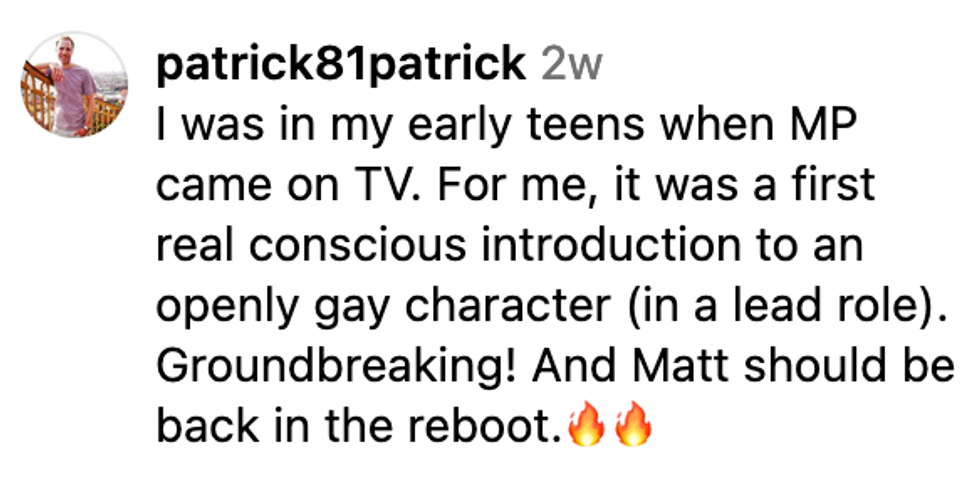 @stilltheplace/Instagram
@stilltheplace/Instagram @stilltheplace/Instagram
@stilltheplace/Instagram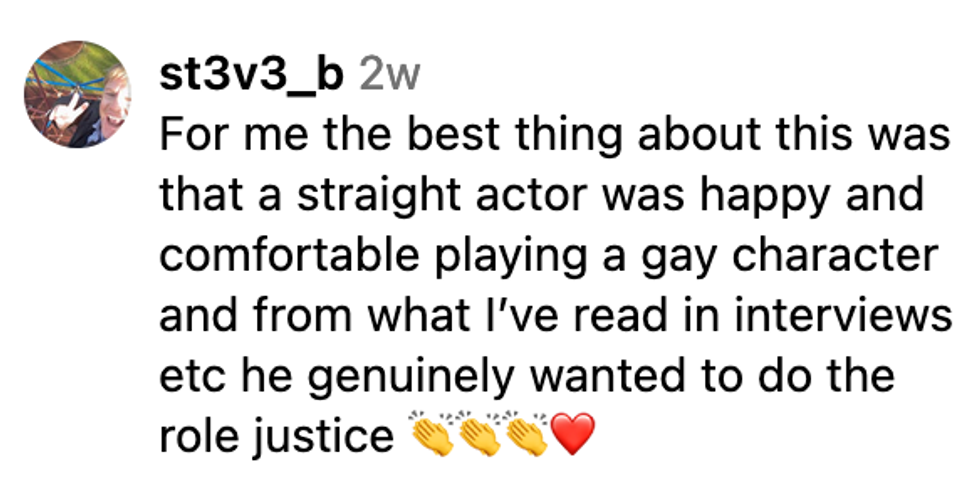 @stilltheplace/Instagram
@stilltheplace/Instagram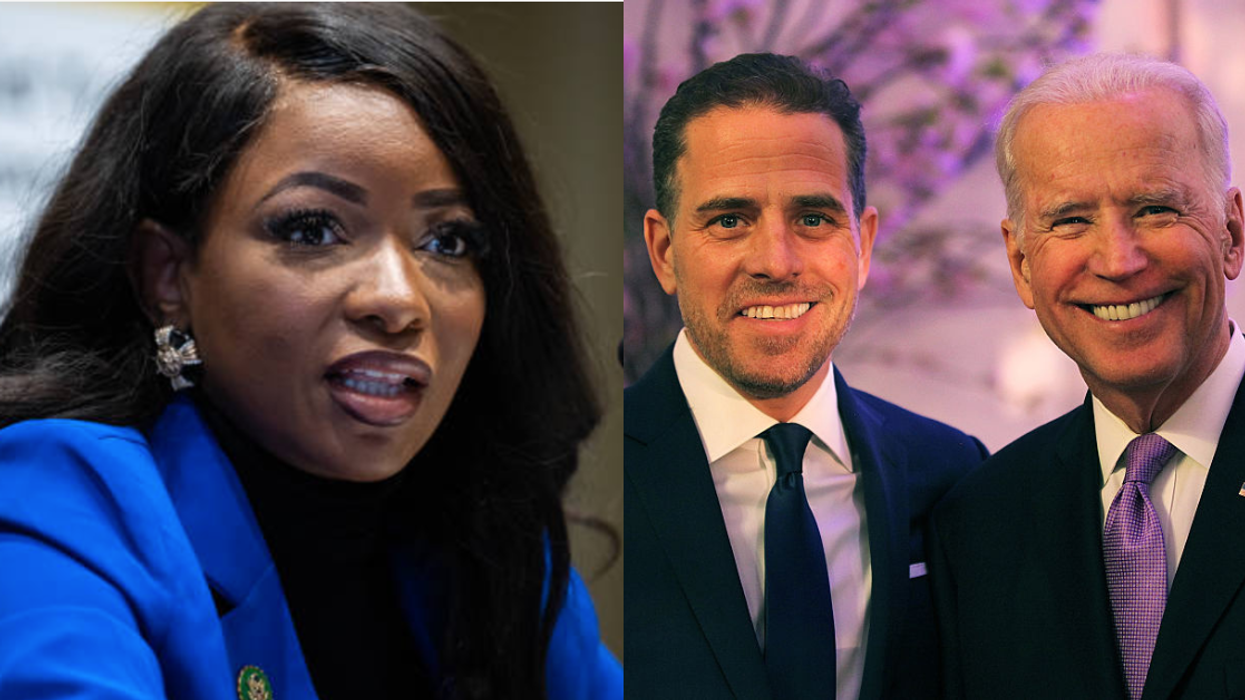
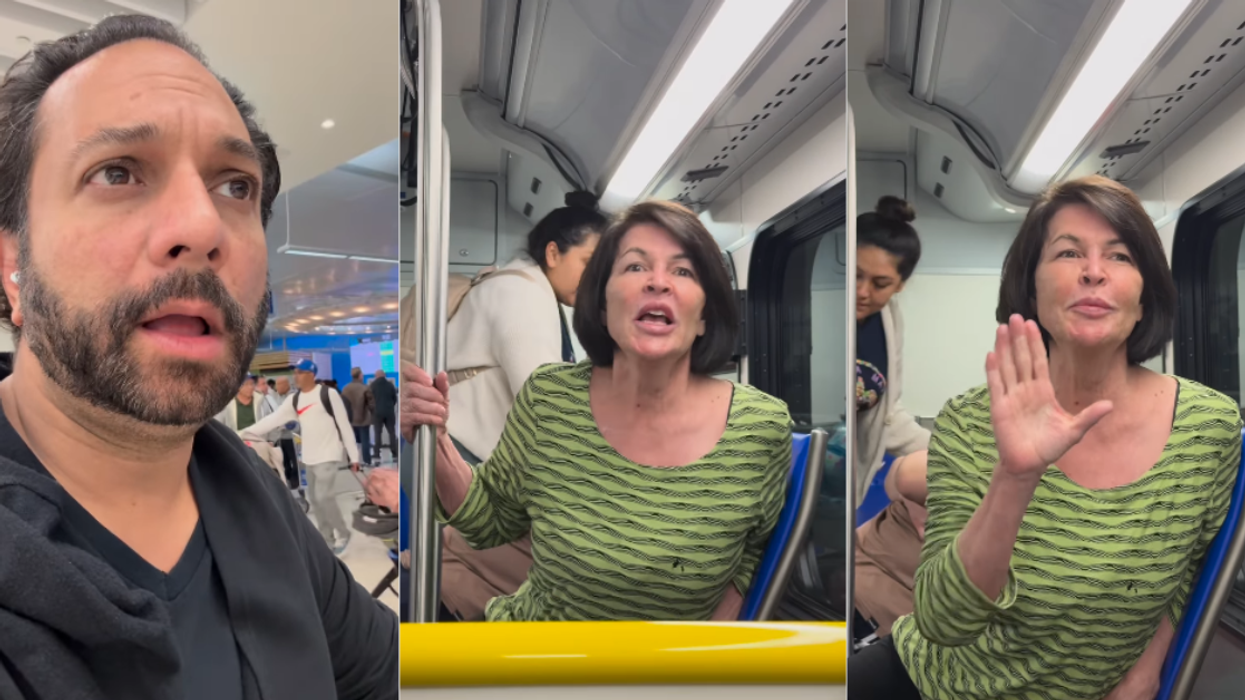

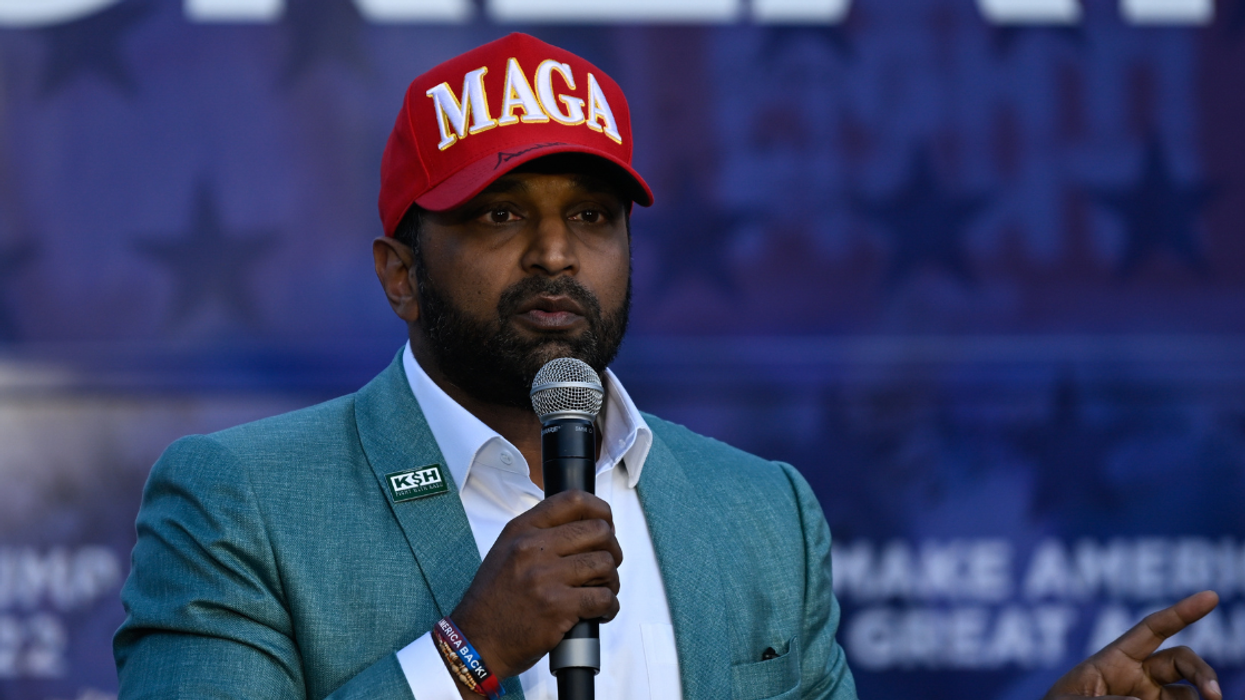


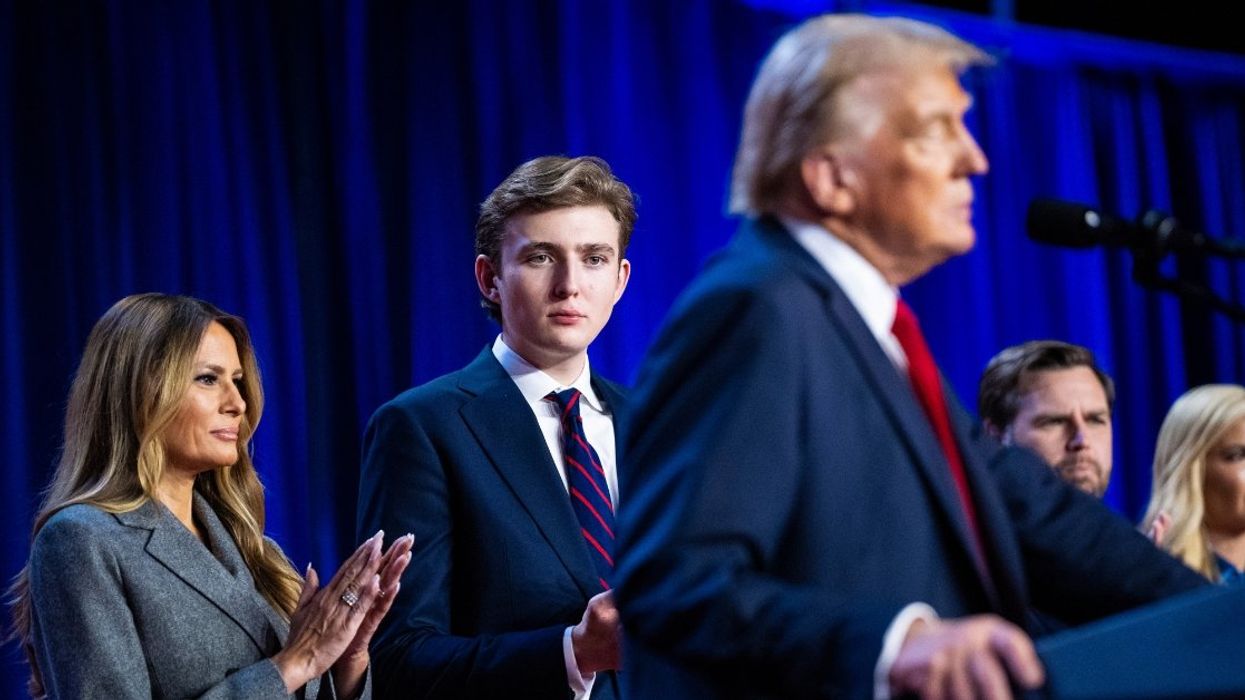
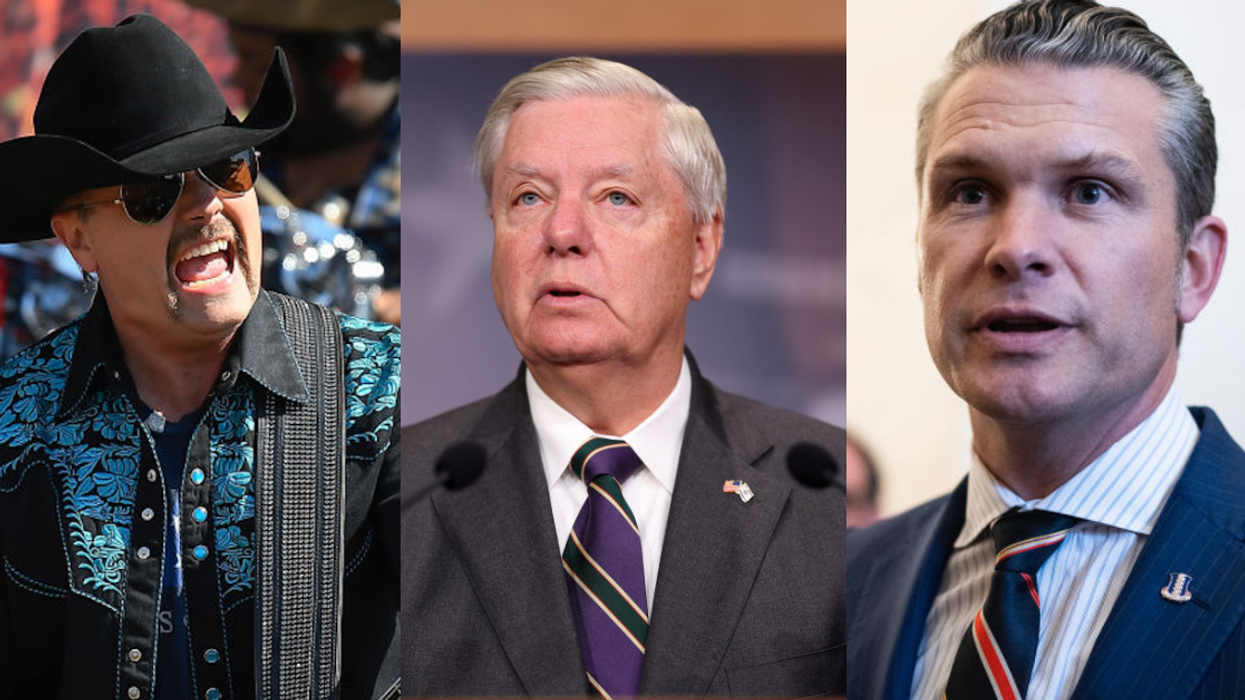
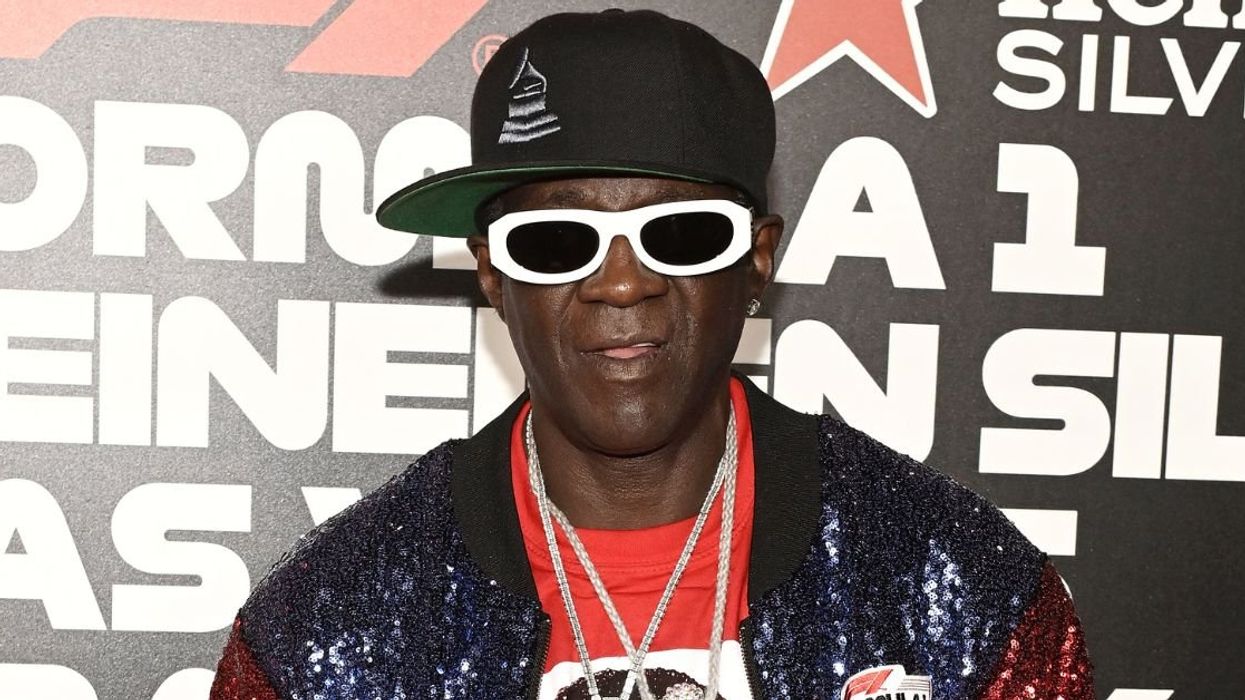
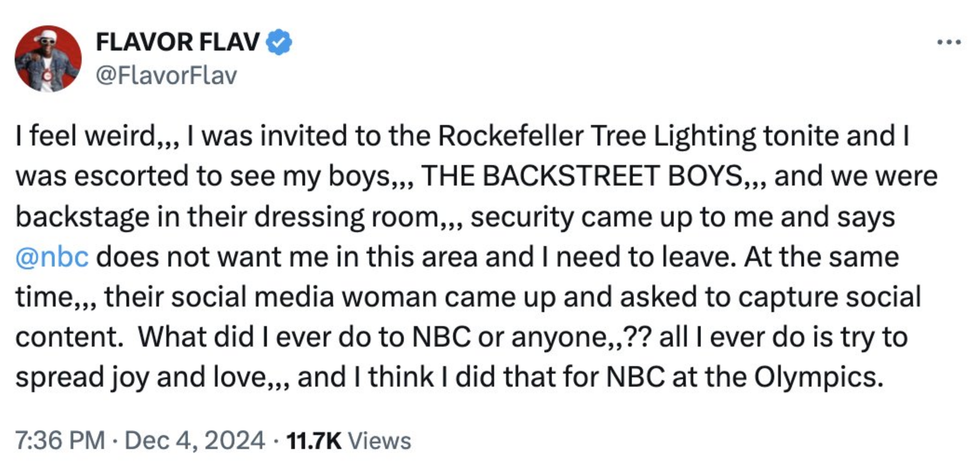 @FlavorFlav/X
@FlavorFlav/X